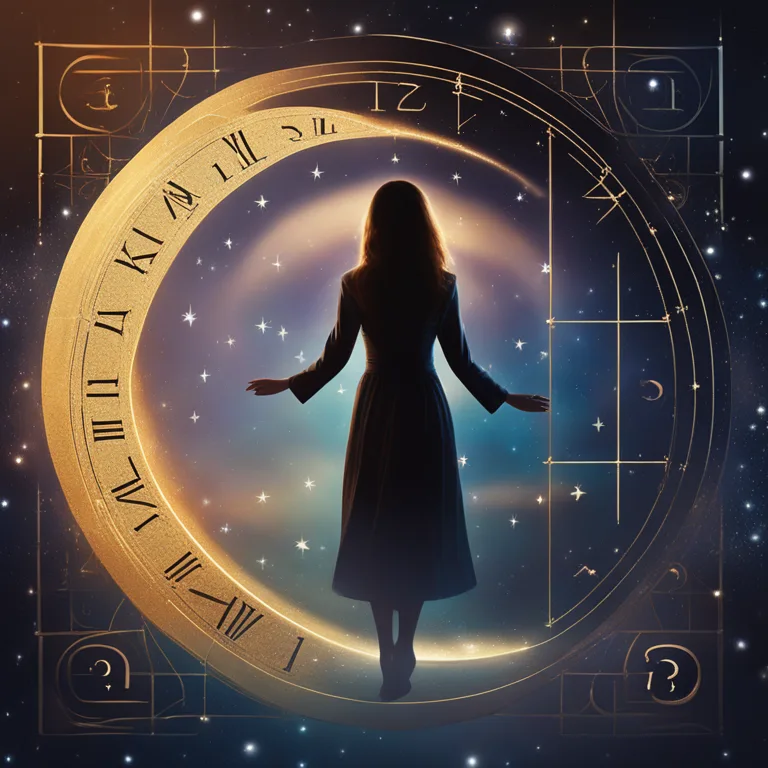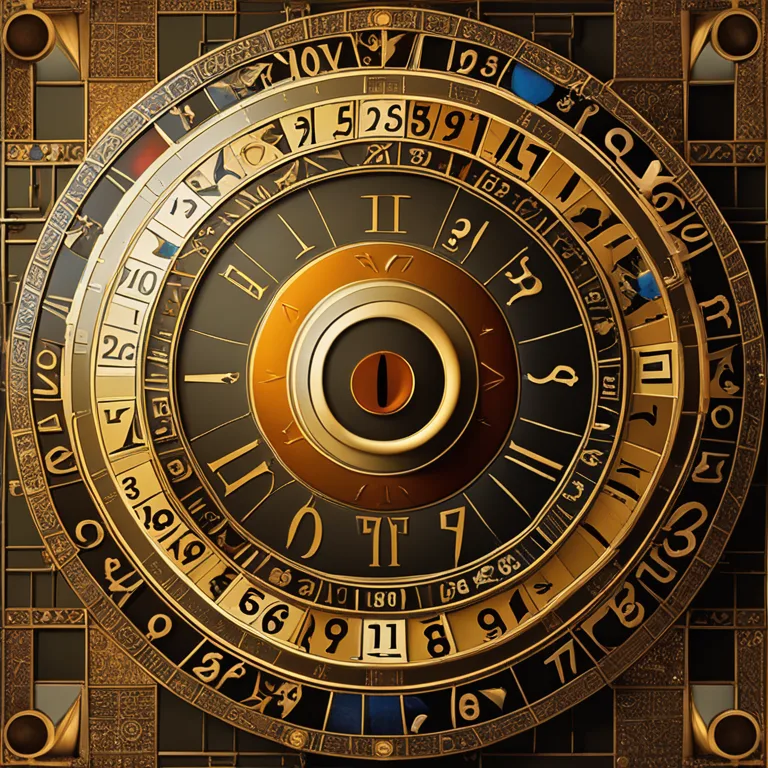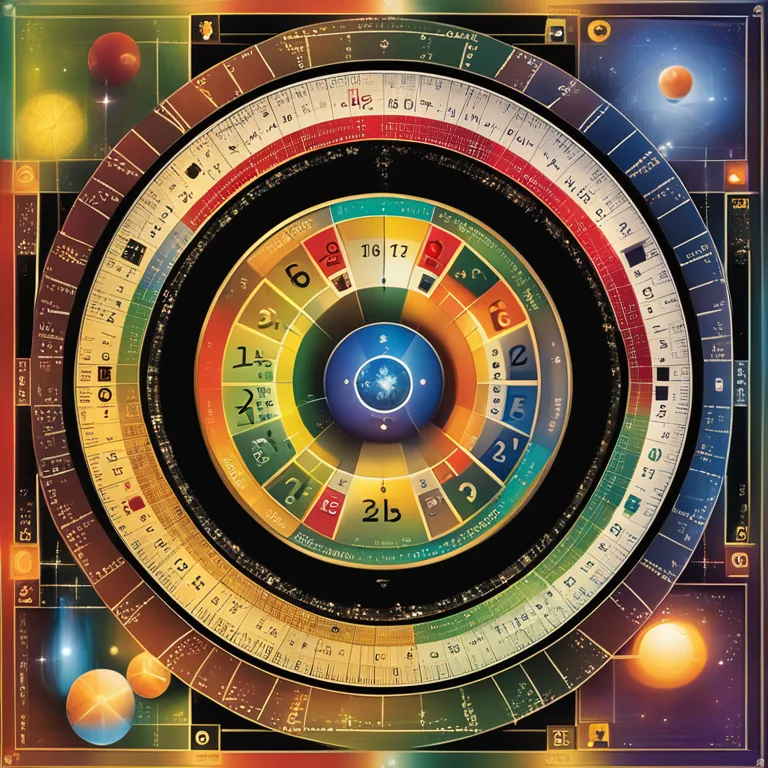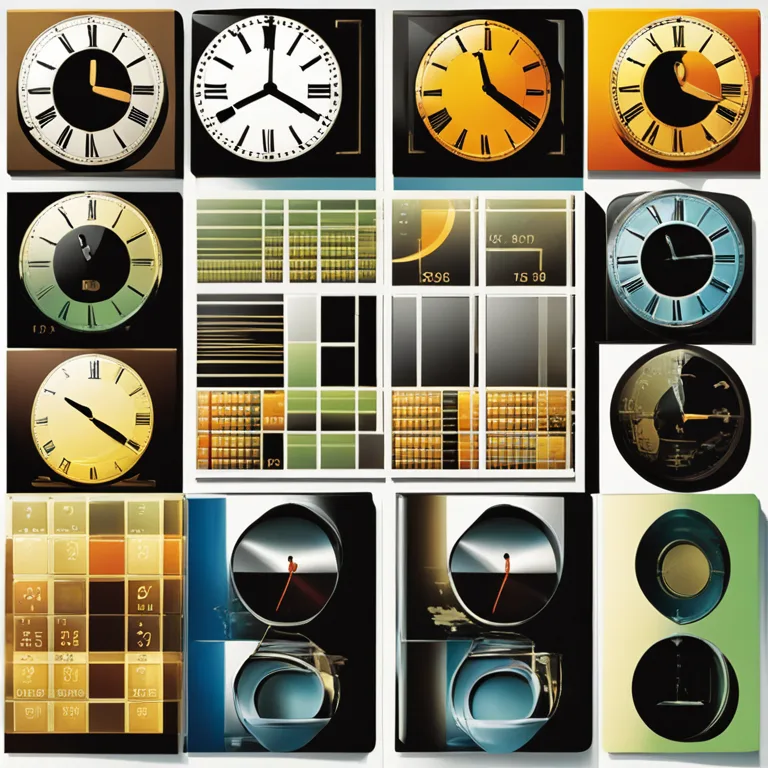
Is Numerology A Valid Belief?
Delve into the realm of numbers to discover if there's a factual basis behind numerology and its influence on our lives.
article by Priya Deshmukh
Introduction to Numerology
Numerology is often seen as the mystical language of numbers, where every digit holds a specific vibration and significance. This ancient practice, dating back to Babylonian and Pythagorean teachings, is proposed to uncover insights about personal traits, life events, and destiny itself. Numerologists believe that, like the stars in astrology, numbers have the power to influence our lives. But amidst this faith lies the question – does numerology rest on any genuine foundation, or is it merely a collection of beliefs without empirical backing? In the modern era, particularly as we approach 2024 and beyond, it's worth investigating the legitimacy of this numerical guide to our existence.

Scientific Perspective on Numerology
From a rigorous scientific viewpoint, numerology does not have quantifiable evidence to support its claims. Unlike physics or mathematics that offer testable hypotheses and concrete results, numerology's predictions and interpretations lack consistency and reproducibility. Critics argue that the practice relies heavily on selective instances, anecdotal evidence, and the Barnum effect – a psychological phenomenon where individuals give high accuracy ratings to descriptions of their personality that are supposedly tailored to them but are actually vague and general enough to apply to a wide range of people. These arguments form the crux of skepticism surrounding the credibility of numerology.

Statistical Synchronicities
Supporters of numerology often point to instances where certain numbers recur with seeming significance in individuals' lives – a phenomenon they might call synchronicity. From repeating numbers on digital clocks to significant dates, these patterns are interpreted as signs or messages. While numerologists and those who've experienced personal 'number coincidences' believe there is something profound at work, skeptics denote that the human brain is wired to seek patterns, even when none exist. This innate tendency, known as apophenia, may play a key role in why people are drawn to numerology.

Numerology and Personal Experience
Anecdotal evidence suggests that numerology readings can sometimes be startlingly accurate. Individuals across the globe have found solace, direction, and even forewarning in the numbers associated with their lives. As we peer into the future, with horoscopes tailored for 2024 and onwards, one could note a potential rise in numerology heat, perhaps due to global shifts and changes. Although personal narratives cannot establish the credibility of numerology as a reality, they do demonstrate the significant psychological impact and comfort it can provide to believers.

The Placebo Effect and Belief Systems
One important aspect to consider when questioning the reality of numerology is the placebo effect. A belief in the positive influence of certain numbers might bring about real changes in a person's psyche, which can then influence their reality. Belief systems, in general, hold immense power over our perceptions and decisions, and numerology can certainly act as one such system. By providing a framework for understanding oneself and one's place in the cosmos, it can offer a sense of control and predictability in an often chaotic world.
Future Research and Understanding
While current scientific frameworks do not validate numerology, the future may hold new methodologies for exploring such metaphysical concepts. Innovative research, possibly taking cues from both quantum theories and psychological studies, might one day shed light on how and why people find relevance and pattern within numbers. Astrological forecasts, now looking at trends for 2024 and beyond, underscore the continuous human quest for understanding life's mysteries – a quest that has propelled the study of numerology for centuries.
Conclusion
In conclusion, though numerology lacks the empirical evidence required to classify it as a real science, the subjective truth it holds for many cannot be ignored. Its realness may not rest in the numbers themselves, but in the experiences and meanings we attribute to them. In the end, whether numerology can be considered 'real' may depend more on personal belief and the psychological benefits it can provide rather than on universally accepted scientific validation.
Published: 12/22/2023
Modified: 12/22/2023
More predictions
Come back here soon to learn more about yourself and your future


The Examination of Your Birth Chart
Dive into the complexities of astrology through examination of birth charts and their influence on personality and destiny.


The Influence of Uranus in Birth Charts
Discover the significant role of Uranus in your astrological birth chart and its impact on innovation, rebellion, and personal growth.


Jupiter's Role in Your Birth Chart
Explore the significance of Jupiter in astrology and how it impacts your birth chart, revealing growth and opportunities.